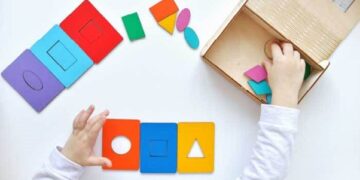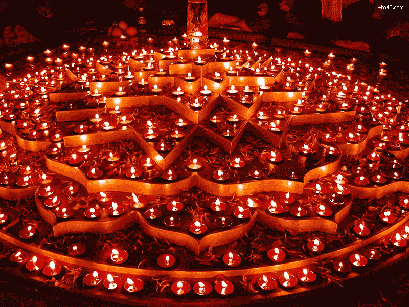
Kintsugi is the Japanese art of repairing broken pottery by mending the areas of cracks with urushi lacquer, which is the traditional labour-intensive production process, time-consuming and expensive. The broken pottery is dusted or mixed with powdered gold, silver, or platinum. The method is like the maki-e technique. Maki-e (literally “sprinkled pictures”) is a representative lacquerware technique that originated in Japan around 1,200 years ago. Maki-e is done by painting lacquer motifs on the surface of a piece using a fine brush and then sprinkling gold powder onto the lacquer before it hardens, this technique produces luxurious decorations.
Kintsugi tells us of the temporariness of all things; nothing stays forever. Like a piece of pottery, our lives are filled with fragility, setbacks and unpredictability. The philosophy of Kintsugi highlights that resilience is not merely about bouncing back from adversity but also about accepting the process of repair and renewal. Just like the meticulous process of fixing broken pottery, our relationships, illnesses, profession, education, demand patience, effort and care to mend snags in our fabric of life. Accepting the reality of imperfection frees us to spend time on other projects, even on our work-life balance.
Kintsugi helps us to realize that life itself is not perfect. Every moment we are fighting a world full of chaos. Every time we try to edit our script of life, we become vulnerable by making few new errors. You might get cheated by someone whom you trust the most, you might lose your job, you might not be able to catch up with newness in technology, you may get sick in the middle of a project. An environmental problem like a tornado, hurricane, earthquake may destroy your home. Control what you can and accept the rest.
Self-acceptance is defined as accepting all our attributes, positive as well as negative. When we accept ourselves, we embrace every part of ourselves, the good, the bad and the ugly. Self-acceptance must be unconditional. You made a mistake, but it’s okay, nobody’s perfect, we all make mistakes. We all have flaws, and that’s what makes us human. As human, we all imperfect. Till we breath our last, we are all works in progress. And perfection itself is an illusion.
The philosophy of Kintsugi in Japanese is about being non-judgemental, accepting, and empathetic towards ourselves. Facilitators and workshop participants of Kintsugi explore the connections between the Kintsugi way and the recovery from illness depression, anxiety etc. Once, I enrolled for a short course of pottery, it gave me invaluable lessons that go beyond the clay. To shape a pot we need patience, accept our faults, reshape the clay with firmness by finding balance, creating resilience, and practicing mindfulness. I realized that like the pot in process, we all have cracks in our body and mind here and there which we try to repair.
The repaired cracks of the pottery represent our healing process. The difficulties in our life leave many scars which take time to heal. What’s important our willingness and our ability to heal.
God gifted us the freedom to administer our own life, He allows us to connect with Him as and when we want. He helps us to heal our cracks and shape up as a masterpiece.












































